Left Behind: The Eldest of These
- Tammy Cantrell
- May 30, 2018
- 2 min read
For a human, there is nothing pleasant about being left behind. According to Psychology Today, "Our brains are designed to be social—and the need for celebration is greater than the need for safety. In fact, feeling socially excluded activates some of the same neural regions that are activated in response to physical pain." While as an adult we are able to view from a different perspective than a child, it doesn't mean the experience is any less painful. Everyone has deep-seated needs for meaning, purpose, connection, and inclusion.
From a young age we possess that innate desire to be included. We're left with a sense of bruised self-worth when our name isn't called for various childhood games, or we're excluded from a peer's party. For the overweight child, recluse forced to participate in PE, one with braces, glasses, or even red hair - life can be a challenging arena of balance when it comes to wanting to fit in and develop their uniqueness in a world where more often than not, differences are ridiculed. But, what about adults, particularly seniors? The experience can also follow a child throughout their life, whether being bullied or, perhaps, the one bullying. According to the National Center for Educational Statistics, in 2017, 33% of students reported being bullied. Of that 33%, 13% were made fun of, called names, or insulted; 12% were the subject of rumors; 5% were pushed, shoved, tripped, or spit on; and 5% were excluded from activities on purpose. But did you know bullying is a growing problem among older adults? According to Church Mutual Insurance Company, "Bullying is a growing problem among senior citizens. From excluding others from activities to name calling to physical altercations", and it's something every community should take seriously. I read once life is like a circle expanding from birth only to retract in age. Just as we strive to keep our children safe as their circle widens to include the world, our desire to protect our senior citizens as theirs constrict from debilitating limitations should be as strong. How do we do that? We show we care by presenting FREE health fairs like the one just held today at Gaston County Senior Center, Administered by Ellen McGinnis Fenters ( image below ), located in Dallas, North Carolina. By providing free access ( and very nice raffles and corporate giveaways ) to local services, our seniors feel their presence is important. When a company like Gaston Hospice, Caromont Health, as well as many, many others, take the time to represent their agency, what they're really saying is trifold, "You're important; we're here; we care."
It was said by a local attorney that you could love or leave Gaston County. Regardless of which you choose, one thing will remain evident: caring individuals and agencies will unpack their services to stay for the eldest of these rather than leave them behind. And that makes Gaston County a pretty remarkable place to stay.















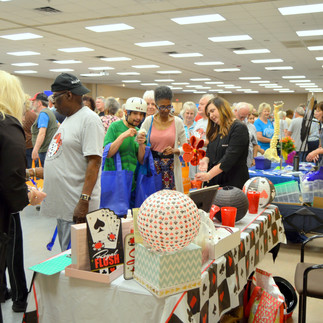

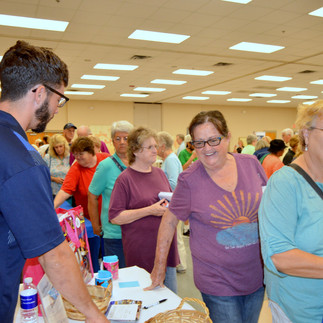







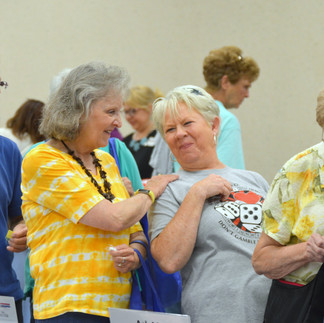



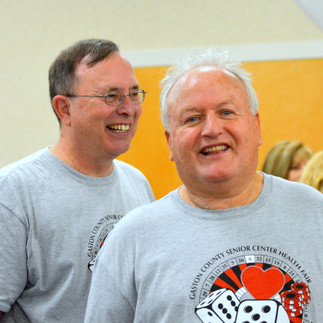



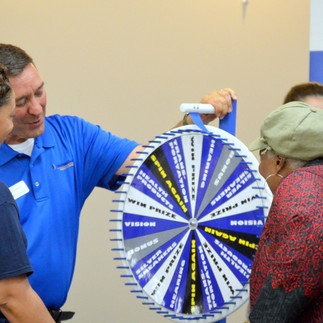



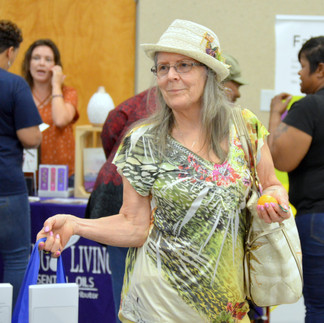



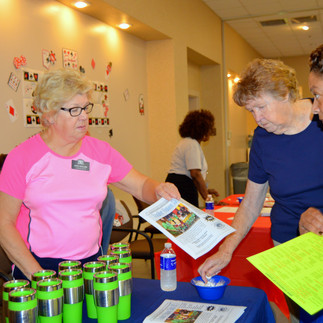









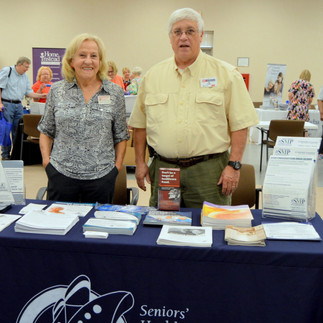







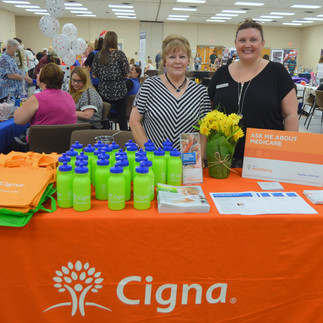



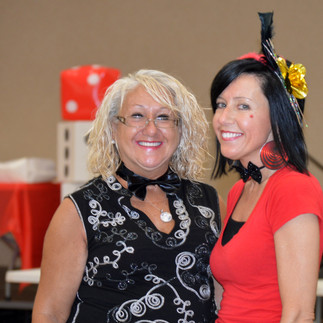

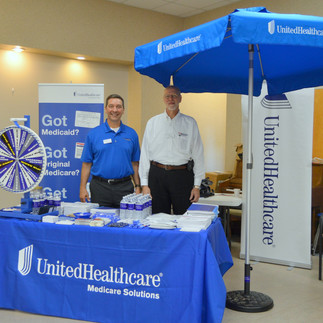







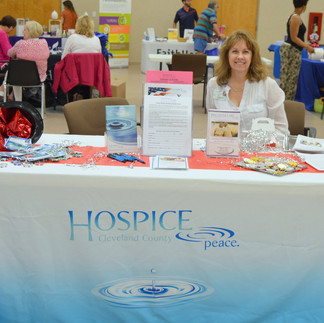







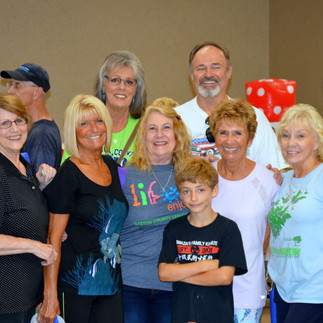



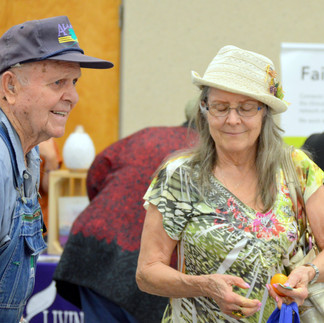



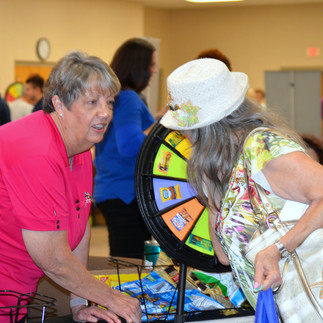
















Comments